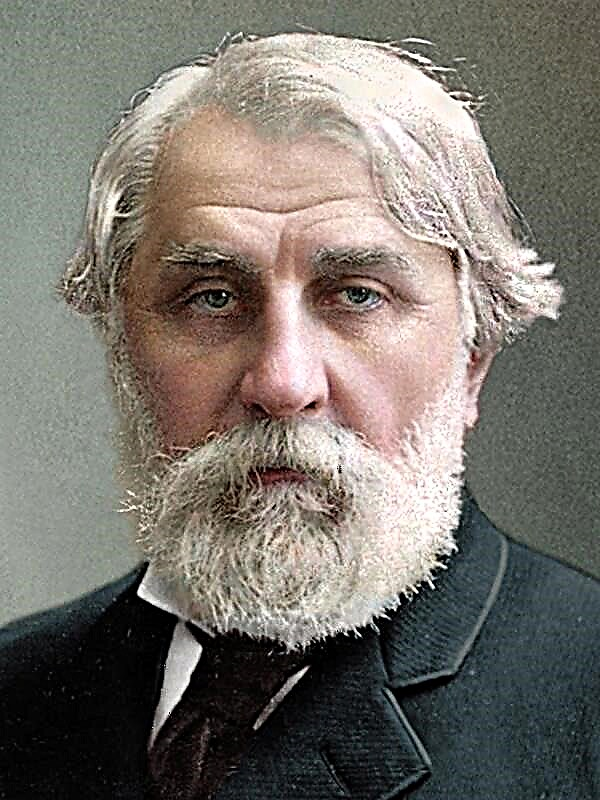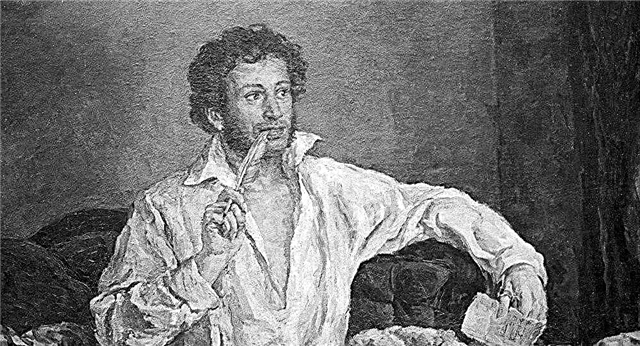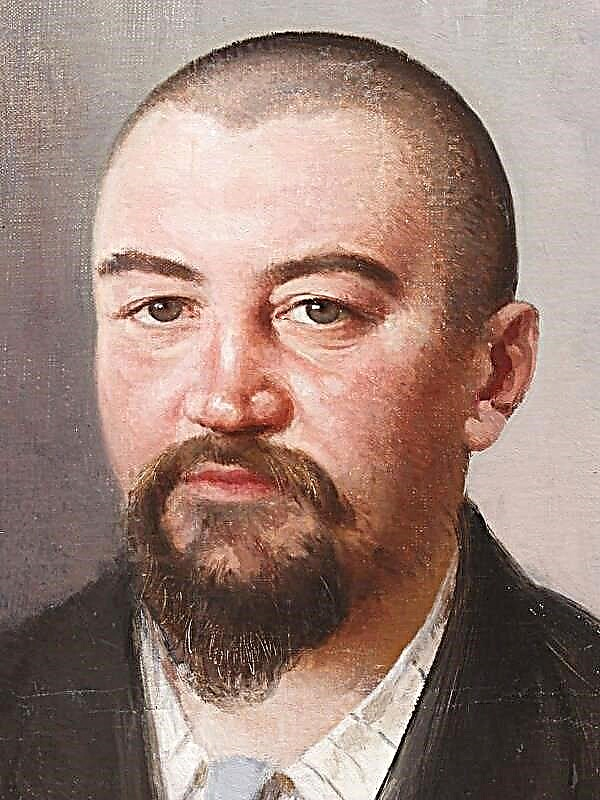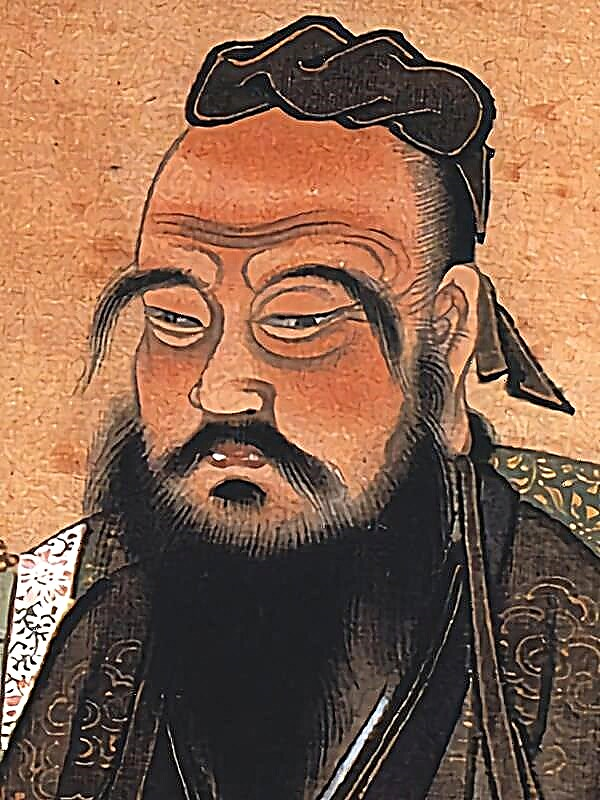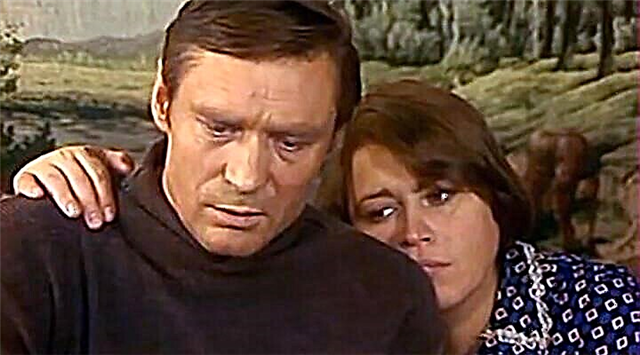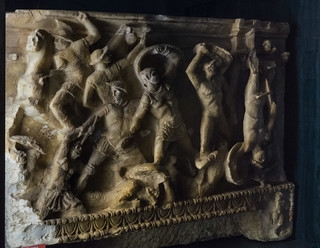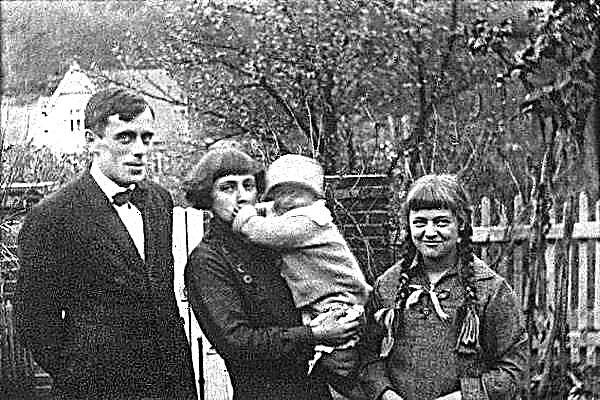(319 words) In addition to the conflict between the older and younger generations, the novel by I.S. Turgenev is also known for nihilism. It was this philosophy that the protagonist, Yevgeny Bazarov, adhered to. But what is "nihilism", and how does it appear on the pages of a work?
Each hero of the novel interprets this concept in its own way. The representative of the younger generation, Arkady Kirsanov, argued that nihilism is an attitude towards everything from a negative position. And Pavel Petrovich believed that this philosophy was built on the rejection of any principles and authorities. Evgeny Bazarov himself claimed that this is a derivative of the improvement of the natural sciences. The hero tested every theory in practice, never did nothing, did something all the time. At the same time, Bazarov did not see the point in art and in the work of A.S. Pushkin. Before the appearance of Anna Odintsova, Eugene was sure that his philosophy was correct and accurate. But after his love confession, he realized that it was this feeling that defies any explanation. It cannot be denied. Love is what destroyed the integrity and absoluteness of nihilism in the minds of its main bearer.
But on the pages of the novel we meet pseudo-nihilists. These include Sitnikov and Kukshin. It only seems to them that they know and profess this philosophy. In fact, Sitnikov only imitated Bazarov. He tried to be as businesslike, free, but in reality it looked ridiculous. The character tried to take an advantageous position in society, although all his attempts were in vain. Yes, and Eugene himself did not take him seriously. As for Kukshina, she is an ill-bred and uneducated woman without tact and manners. Her husband abandoned her, so nihilism is her only occupation. She takes this philosophy superficially, and therefore is unpleasant to Bazarov. Sitnikov and Kukshina are a miserable parody of nihilists.
As we see, nihilism in the novel is presented in the form of a denial of authority and generally accepted positions. This is a critical attitude to everything that happens. But along with criticism, it is always necessary to offer constructive solutions, and Bazarov admitted on his deathbed that he was unable to offer anything, since his activities did not meet with understanding among the people. Its failure proves that society does not need such a philosophy.

